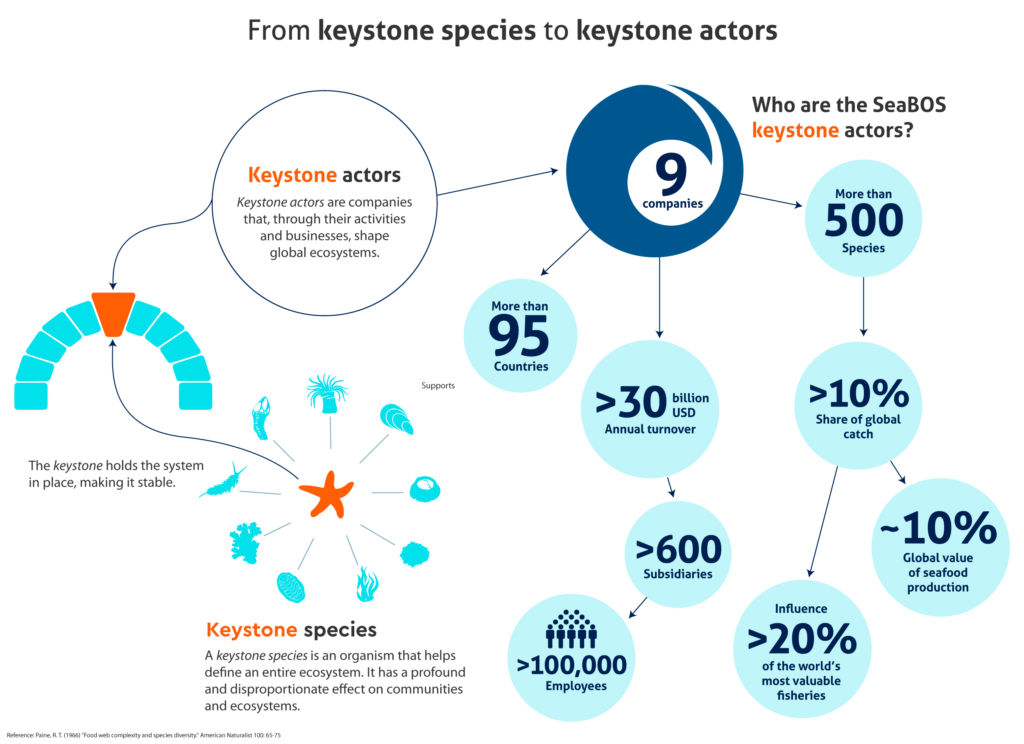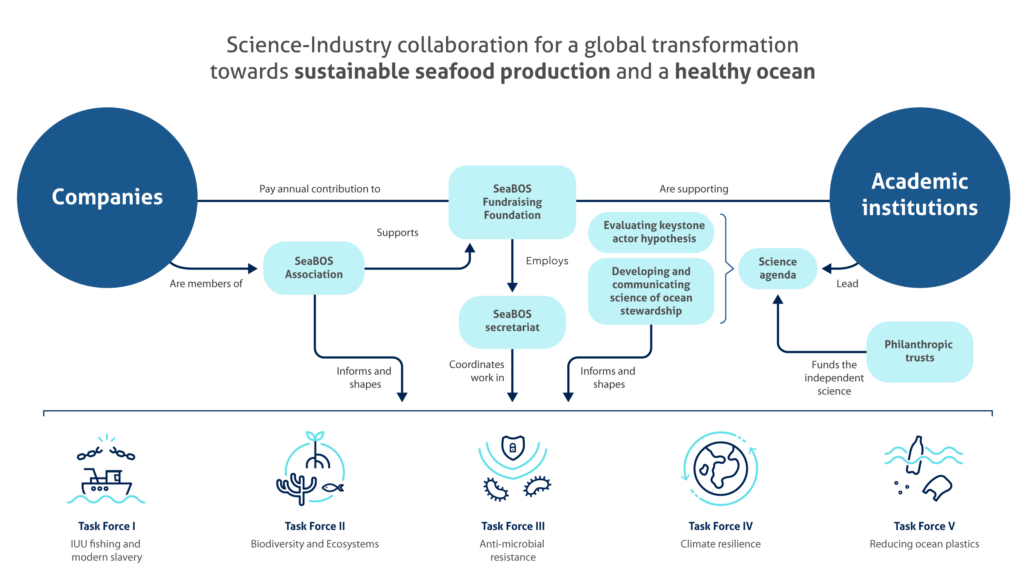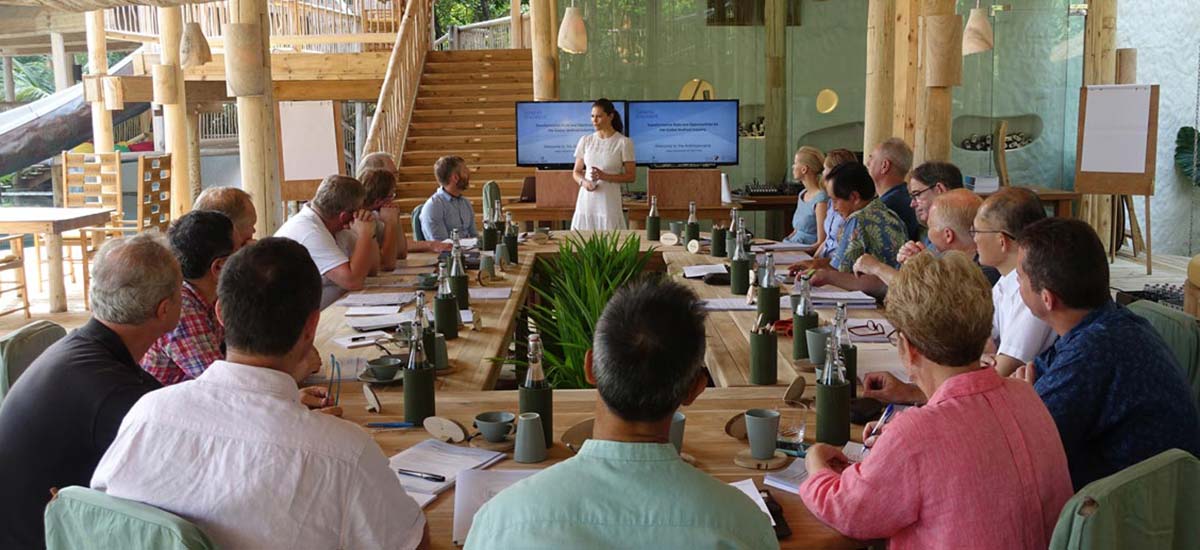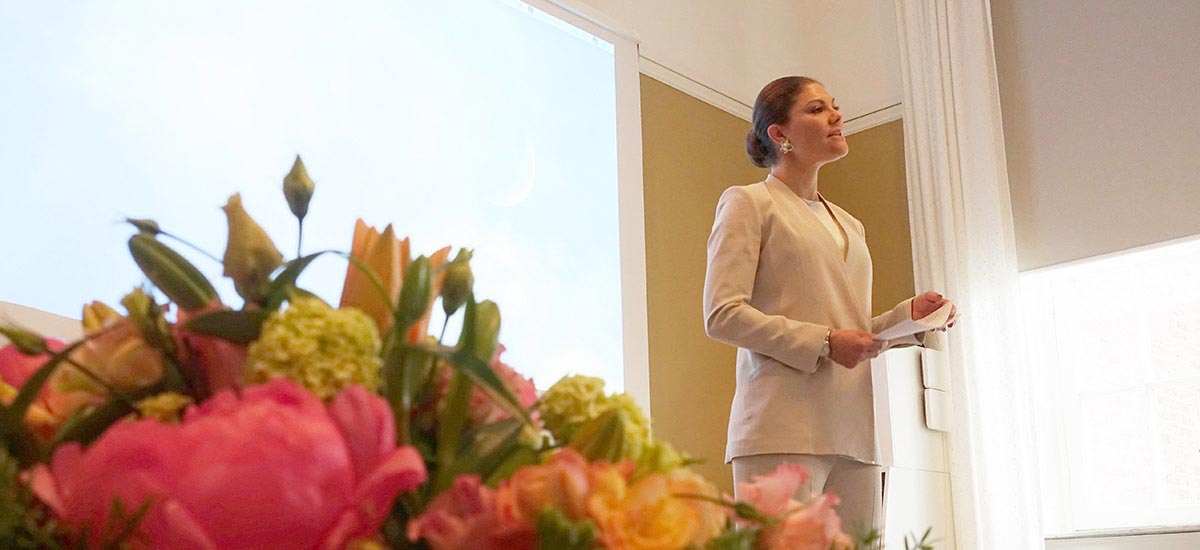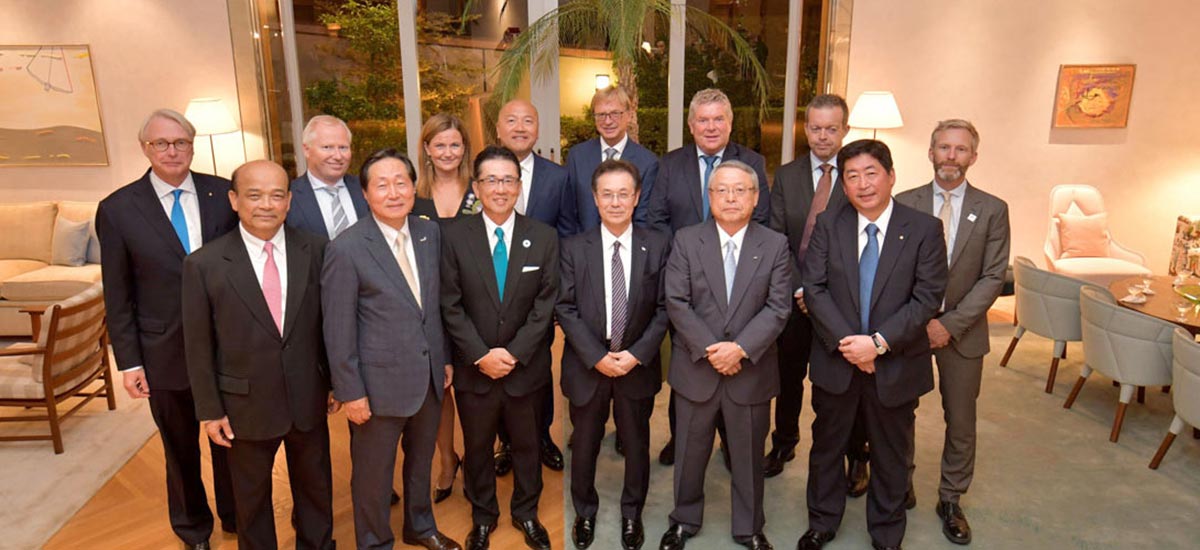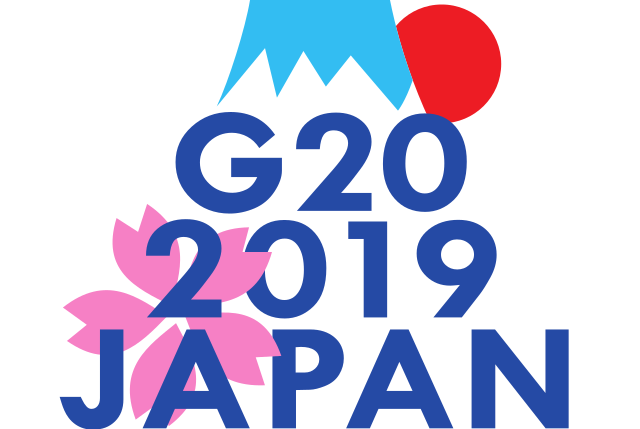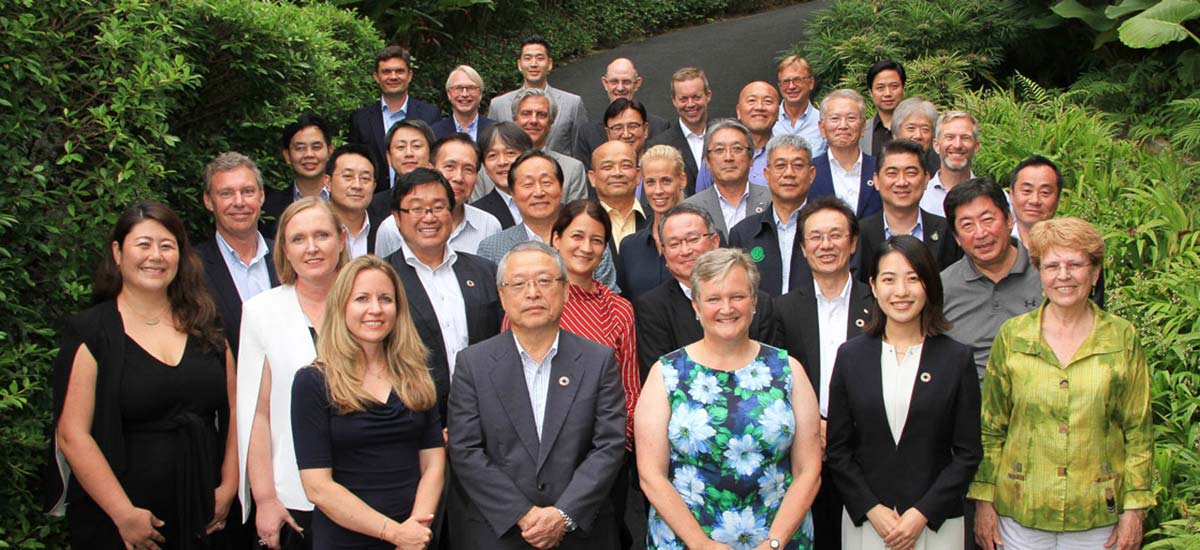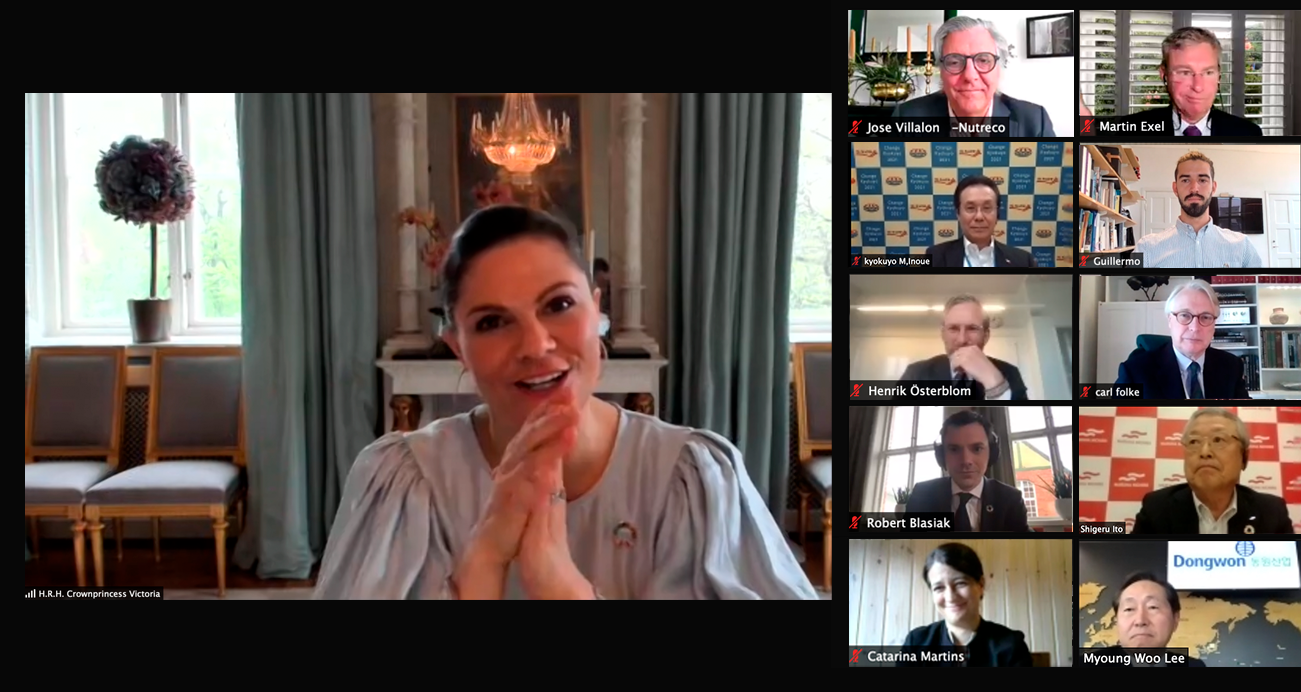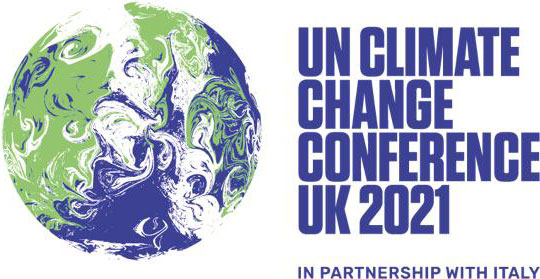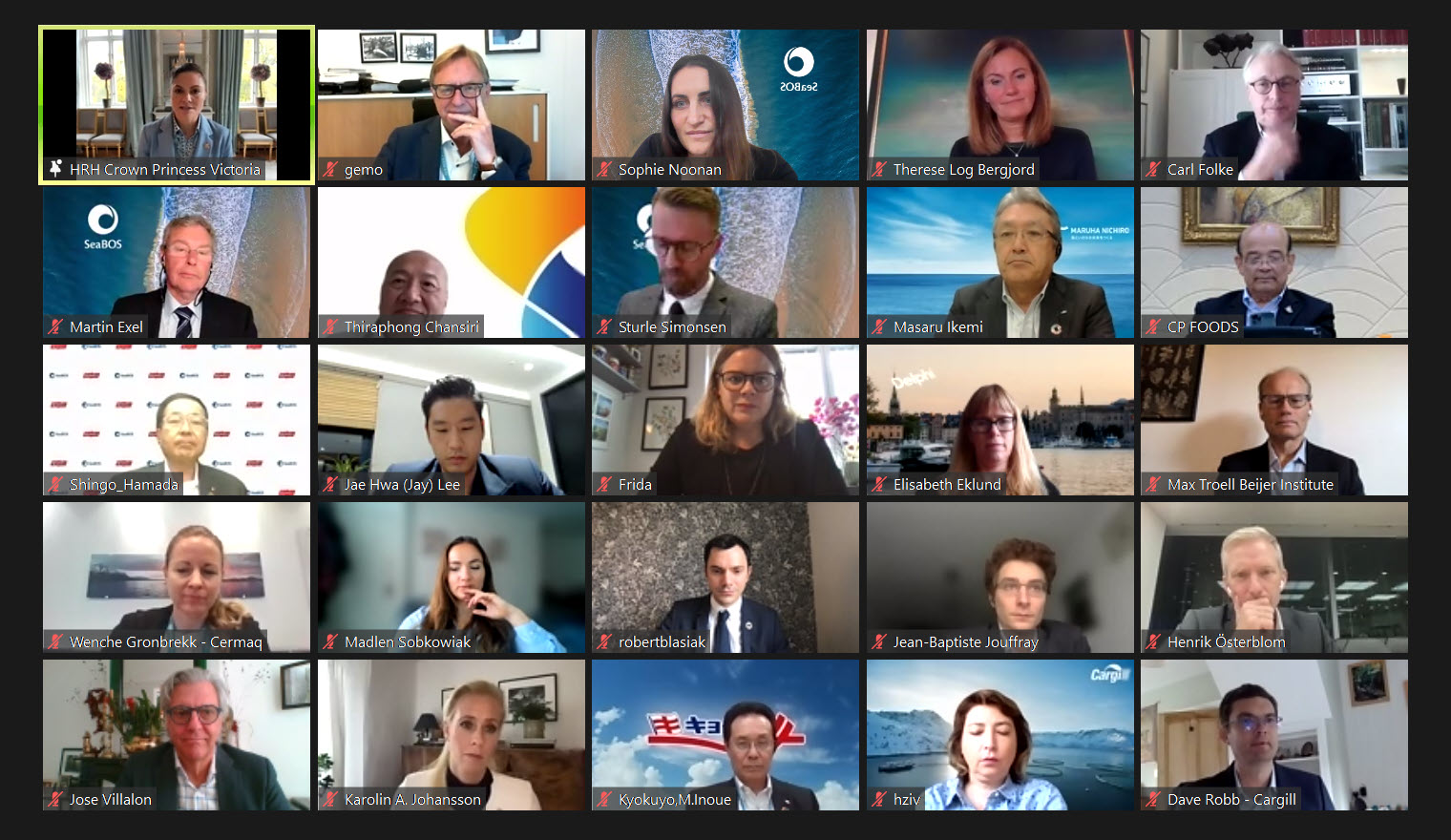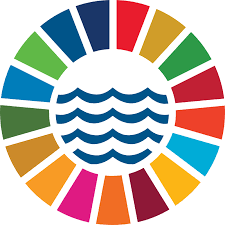SeaBOS is the first time eight of the world’s largest seafood companies engage in a science-based collaboration with academia and have agreed on commitments and set time-bound goals to achieve sustainable transformation within the seafood sector. SeaBOS connects wild capture fisheries, feed producers and aquaculture businesses across Asia, Europe, and North America.
Meet the SeaBOS Leadership
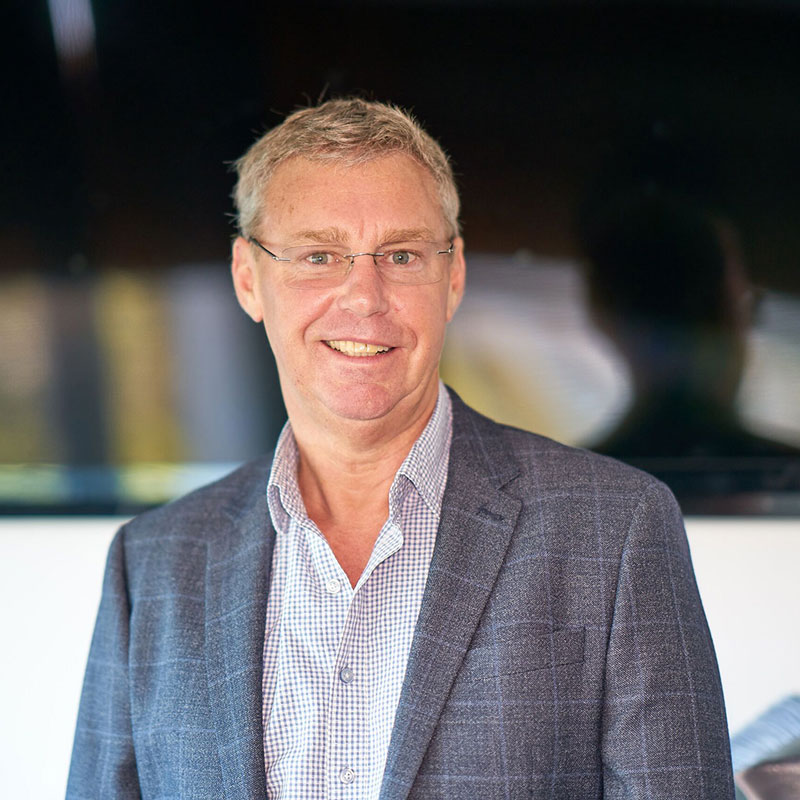
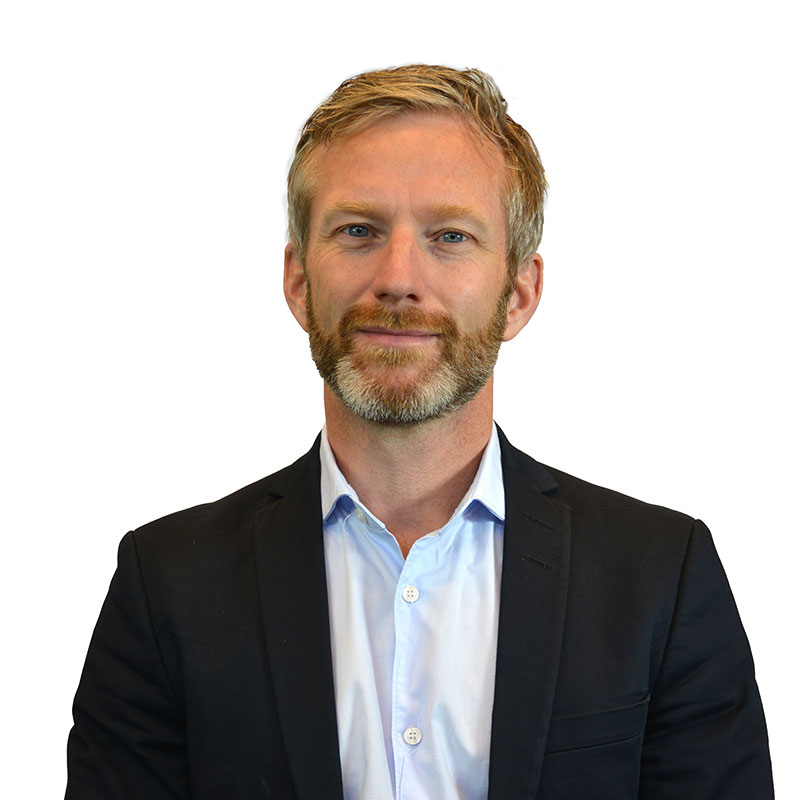
Henrik Österblom
PhD, Professor & science director
4686747664
Meet our CEOs
Read what the CEOs of the eight engaged seafood companies say about the SeaBOS collaboration, the challenges ahead and the progress made.
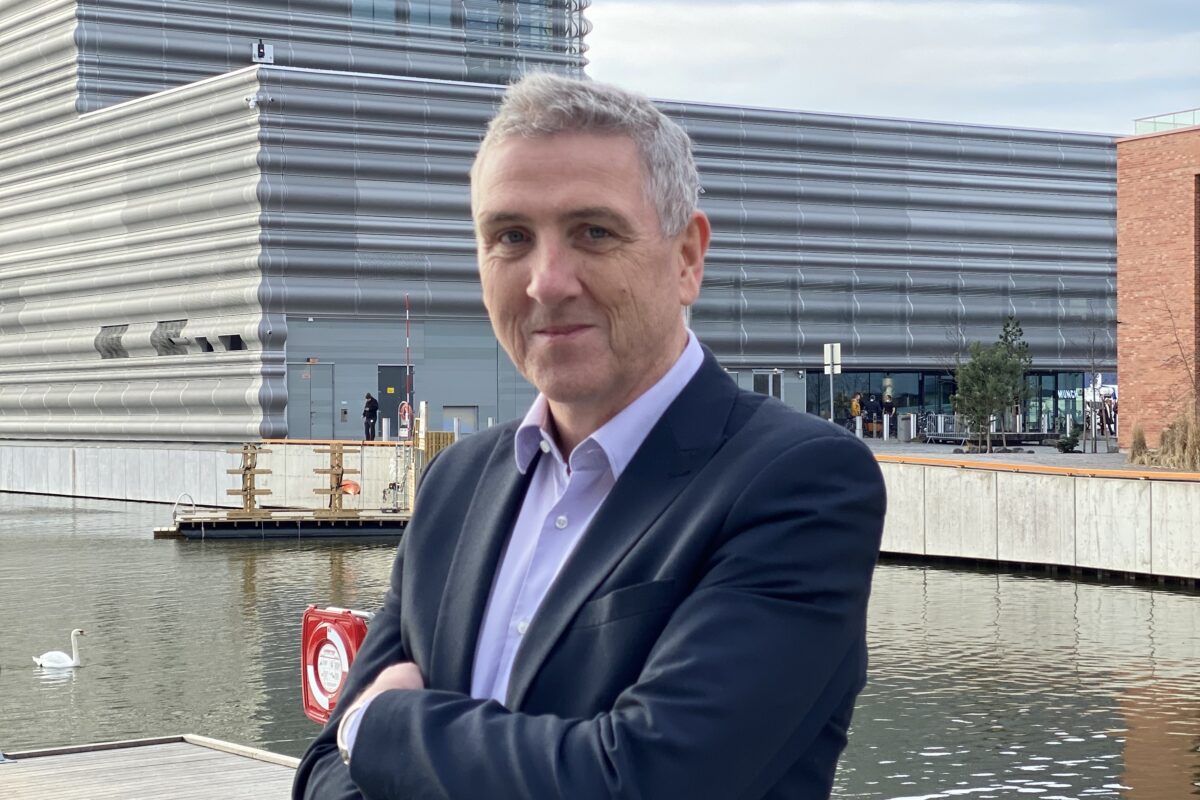
Cermaq promotes ocean health and sustainable salmon fisheries through SeaBOS collaboration
Steven Rafferty, CEO of Cermaq The sustainable transition of the food system is a top priority for Cermaq, a leading global salmon producer. Still, it wasn’t immediately clear t...
READ MORE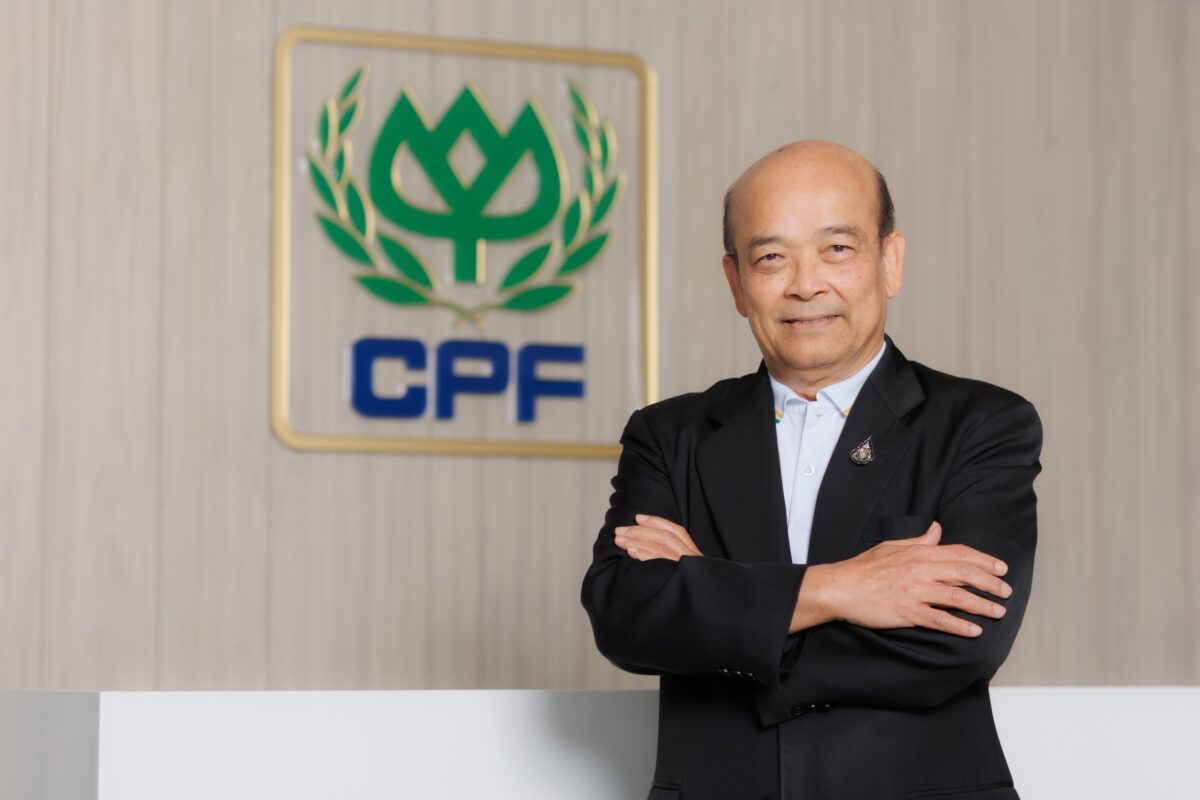
CP Foods drives sustainability in the industry through collaboration in SeaBOS
Charoen Pokphand Foods PCL (CP Foods) is a global leader in the integrated agro-industrial and food business sector. COO Dr. Sujint Thammasart recognises that the company shares...
READ MORE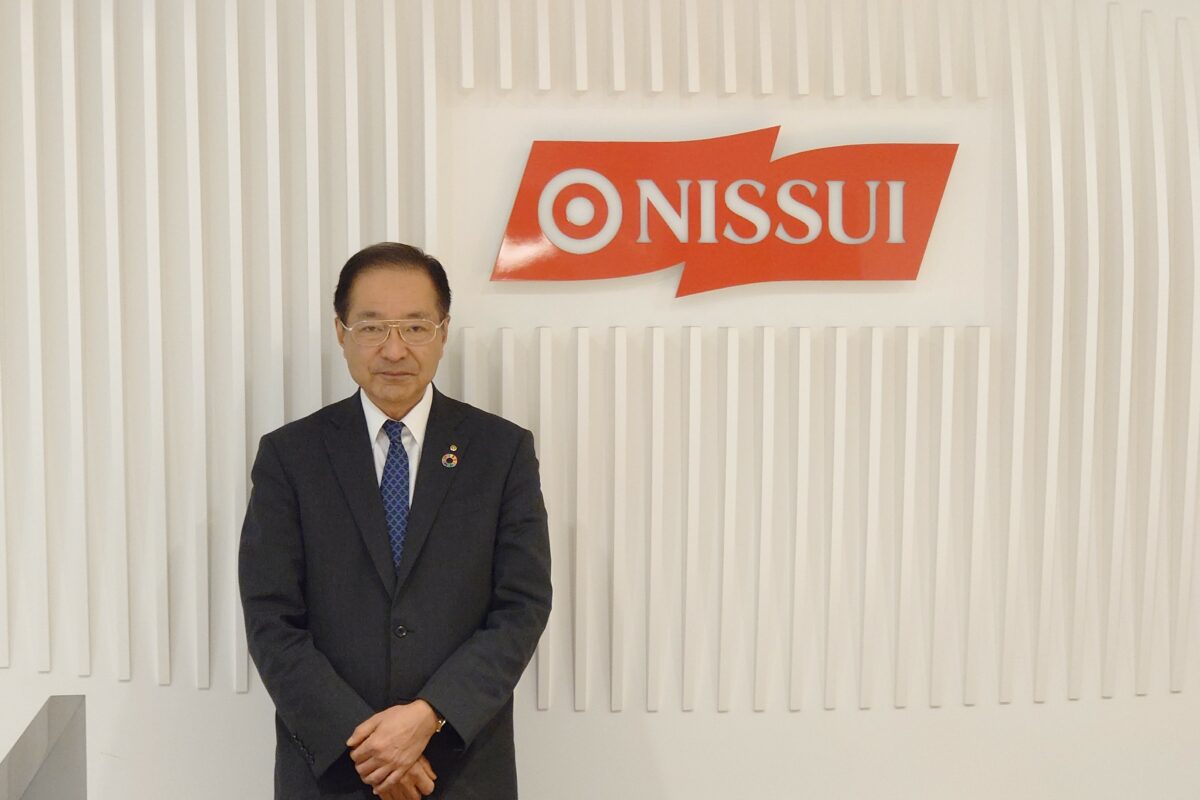
Sound decisions for the future
SeaBOS is unique because it is the first time nine of the world’s largest seafood companies collaborate with science to implement a joint vision to develop more sustainable seaf...
READ MORE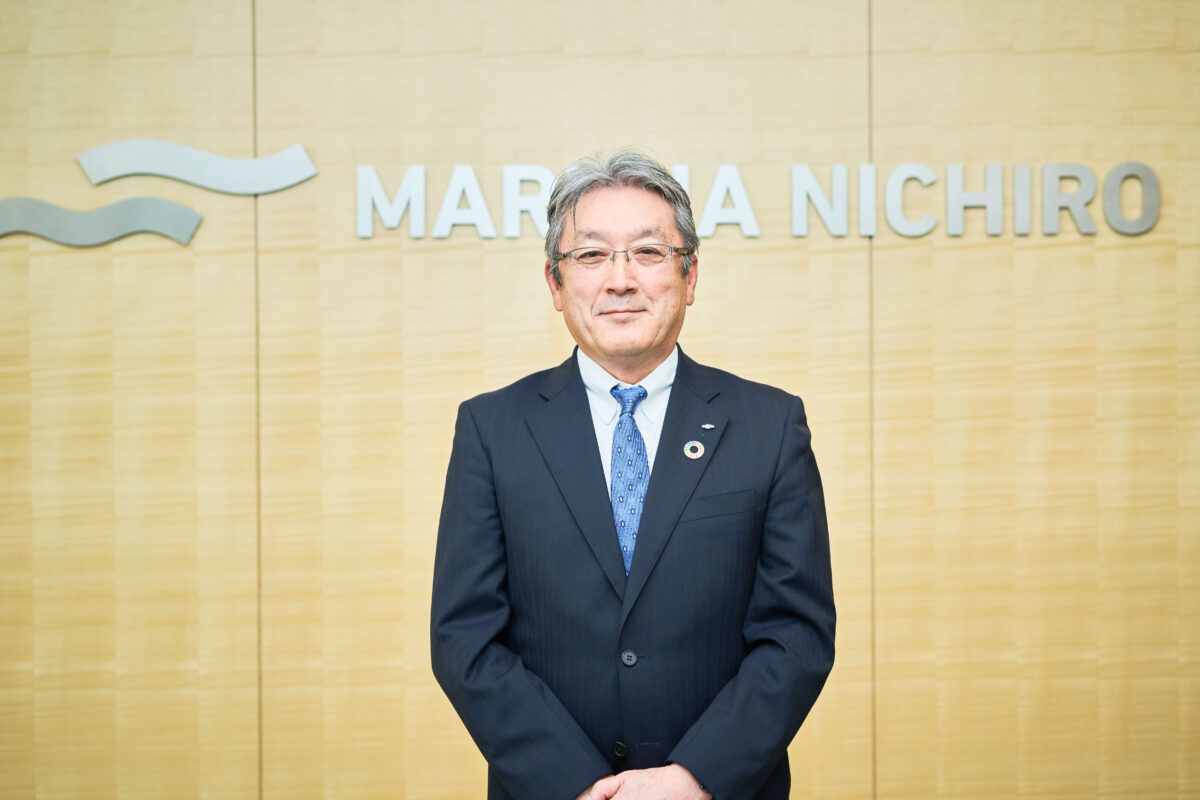
Collaboration in SeaBOS amplifies the impact of Maruha Nichiro’s sustainability efforts
Maruha Nichiro has grown from a small fishing business 140 years ago, into one of the world’s leading integrated food companies today. For President and CEO Masaru Ikemi, being ...
READ MORE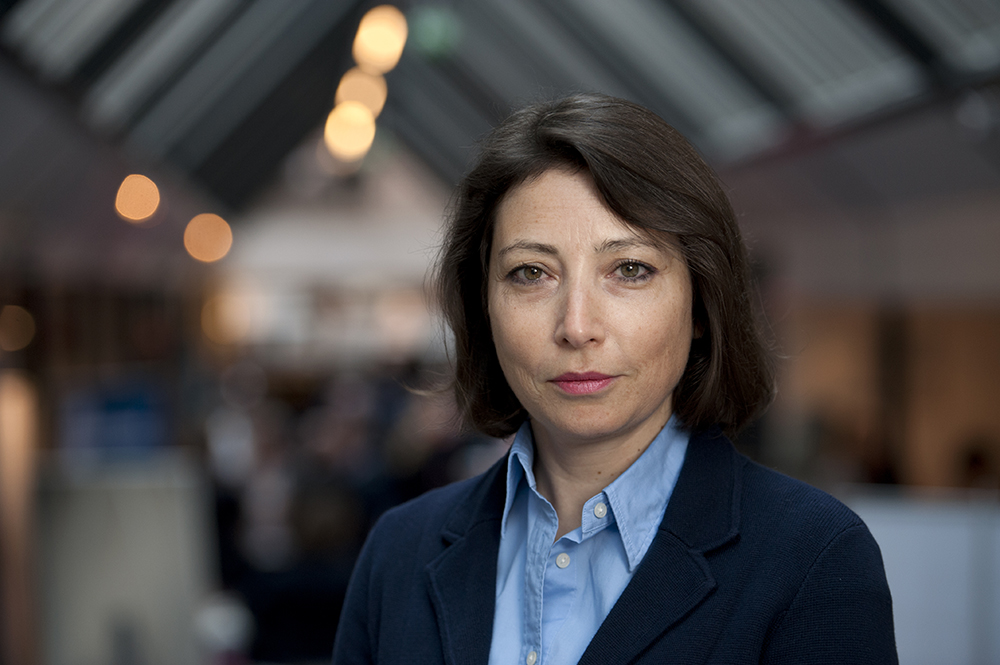
Blending personal passion with collective learning
For Helene Ziv-Douki, President of Cargill Aqua Nutrition, SeaBOS exemplifies the saying that alone you can go fast, but together you can go further The ten members of the SeaBO...
READ MORE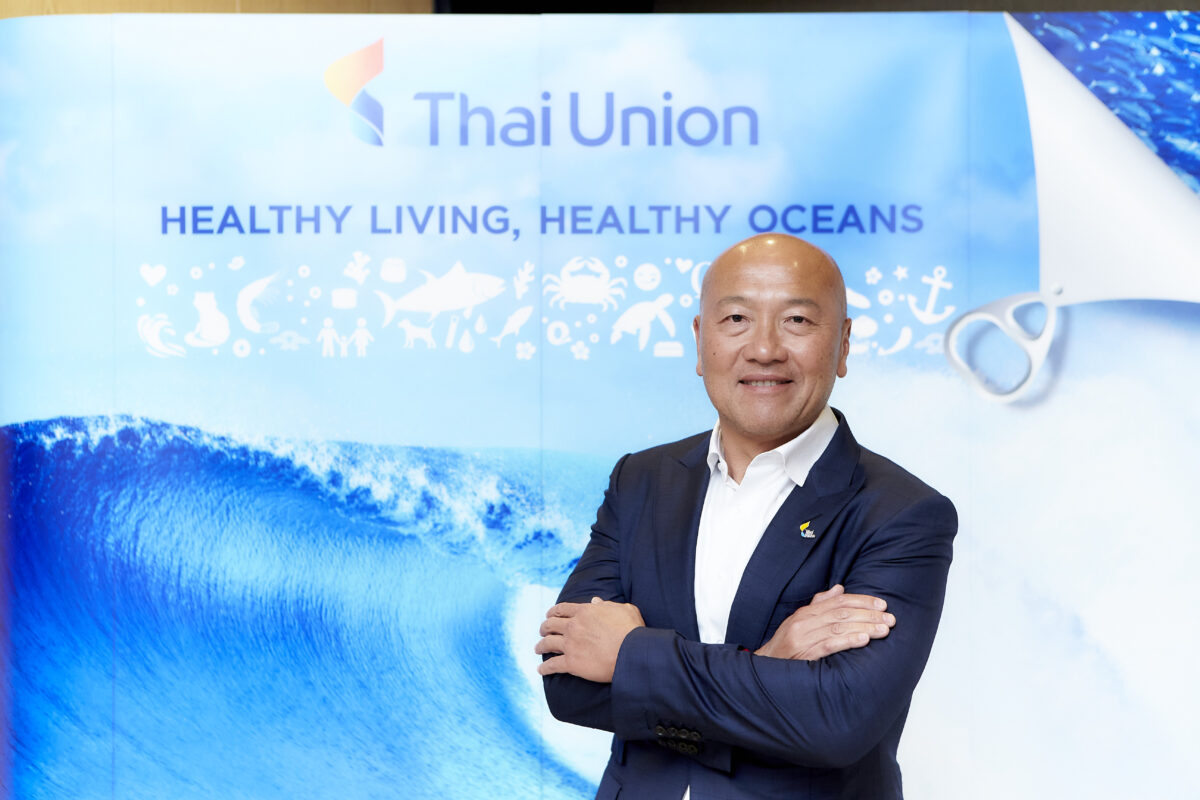
To succeed, alignment is crucial
For Thiraphong Chansiri, President and CEO of Thai Union, bringing together the world’s largest seafood companies to find solutions to the industry’s most intractable problems w...
READ MORE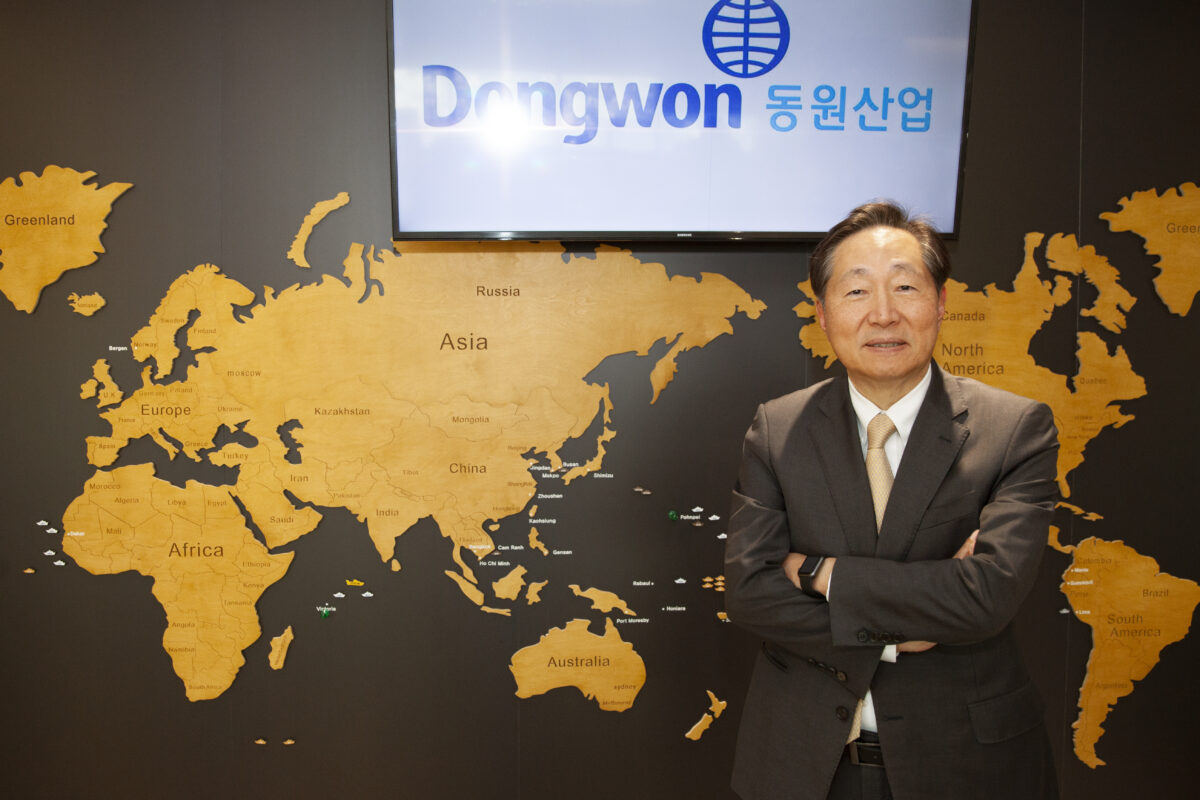
An eye-opener and a changemaker
We asked the CEOs from each company to share their vision and ambitions about SeaBOS and the future of their industry. For Dr. Myoung-Woo Lee, CEO of Dongwon Industries, the ini...
READ MOREDiscover interviews featuring former CEOs and earlier conversations with current CEOs from SeaBOS member companies.
HOW IT ALL STARTED
The starting point for SeaBOS dates back to 2012 when researchers at the Stockholm Resilience Centre (SRC) at Stockholm University, the Beijer Institute of Ecological Economics and the Global Economic Dynamics and the Biosphere program (GEDB) at the Royal Swedish Academy of Sciences, began research on the largest actors in the seafood industry. Decades ago, scientists had discovered “keystone species” in the ocean – species with a disproportionate effect on the structure and function of marine ecosystems. The first question the SRC-led research team asked was: are there also “keystone actors” within the seafood industry?
The answer came in a scientific paper published in 2015 demonstrating that just 13 companies controlled 19-40% of some of the largest and most valuable stocks, and 11-16 % of the global marine catch. These keystone actors were defined as large corporations that (1) dominate global production revenues and volumes within a particular sector; (2) control globally relevant segments of production; (3) connect ecosystems globally through subsidiaries; and (4) influence global governance processes and institutions.
The research team’s next question was whether these keystone actors could be mobilised to lead a global transformation for ocean stewardship. After two years of bilateral contacts between scientists and company representatives, eight of the world’s largest seafood companies agreed to an initial meeting in November 2016 to explore transformative risks and opportunities for the global seafood industry. This was the very first keystone dialogue and it resulted in CEOs of these leading companies publicly committing to a vision and set of shared commitments to ocean stewardship. This laid the foundation for a new global science-business initiative: Seafood Business for Ocean Stewardship (SeaBOS).
Today, eight companies are part of the Initiative along with annual CEO-level talks between the companies and the scientists.
